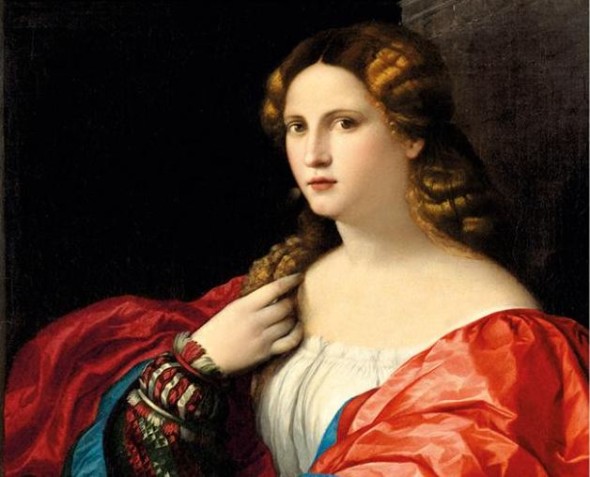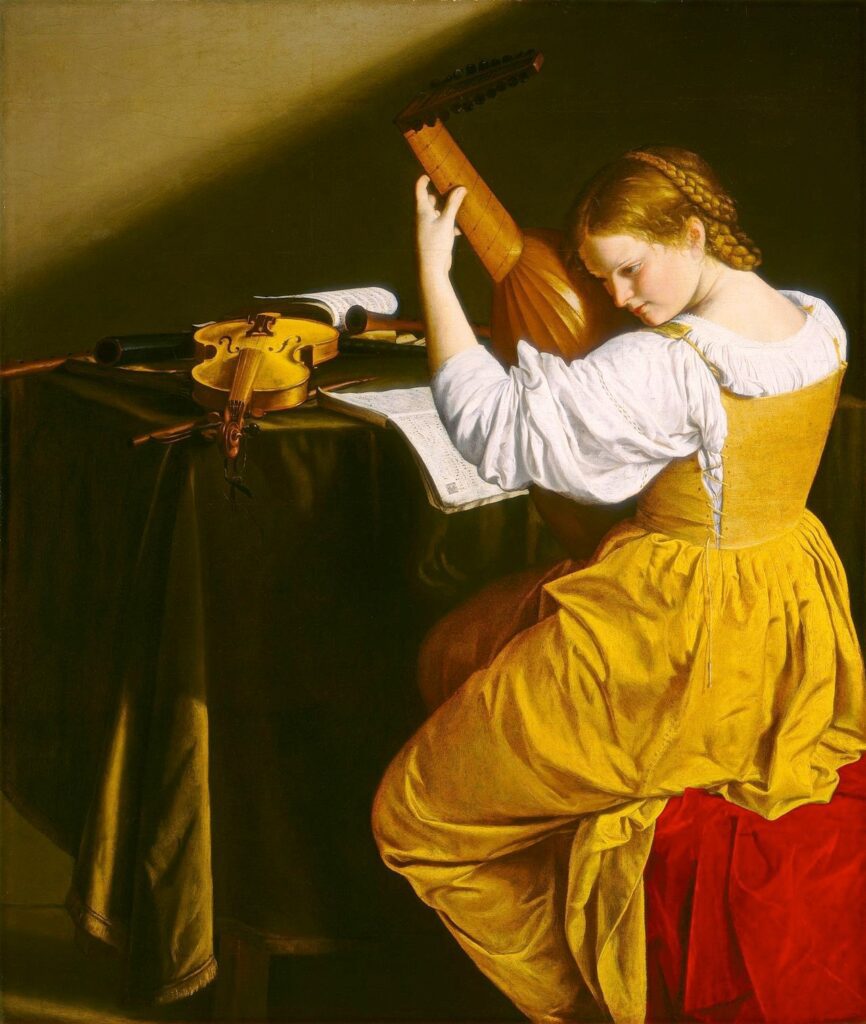In the vast tapestry of music history, there are certain figures whose contributions have been overlooked or overshadowed by their contemporaries. One such luminary is Francesca Caccini, a pioneering composer of the 17th century who shattered barriers and left an indelible mark on the world of music. Despite living in a time when women faced immense challenges in pursuing artistic careers, Caccini’s talent and determination propelled her to become a prominent composer, singer, and instrumentalist at the Medici court. In this blog post, we delve into the fascinating biography of Francesca Caccini and celebrate her enduring musical legacy.
Early Life and Musical Upbringing:
Born in Florence, Italy, in 1587, Francesca Caccini hailed from a family renowned for their musical prowess. Her father, Giulio Caccini, was a prominent composer and singer in his own right. Growing up surrounded by the rich melodies and vibrant artistic environment, Francesca’s musical talents blossomed at an early age. She received comprehensive training in music theory, voice, and various instruments, which laid a strong foundation for her future artistic endeavors.
Rise to Prominence at the Medici Court:
Francesca Caccini’s exceptional skills as a singer and composer earned her a coveted position at the Medici court in Florence. In 1607, she became a member of the prestigious Accademia degli Elevati, where she was not only recognized for her vocal prowess but also gained acclaim as a composer. Caccini’s compositions encompassed a wide range of genres, including operas, madrigals, solo vocal pieces, and instrumental works.
Her most significant achievement was the opera “La liberazione di Ruggiero,” composed in 1625. This opera, now unfortunately lost, was one of the first operas by a female composer and showcased Caccini’s remarkable talent for blending expressive melodies with dramatic storytelling. While many of her works have been lost to time, the surviving compositions still offer glimpses into Caccini’s genius and the innovative musical landscape she helped shape.
Pioneering Role as a Female Composer:
Francesca Caccini’s career broke new ground for women in music. As one of the few women working professionally as a composer during the Renaissance and Baroque periods, she faced numerous challenges and societal expectations. However, Caccini’s determination and resilience enabled her to overcome these obstacles and make her voice heard.
Caccini’s contribution extended beyond her musical compositions. In 1618, she became the first woman to publish a collection of solo songs, titled “Il primo libro delle musiche,” showcasing her talent as both a singer and composer. Her success paved the way for future generations of female musicians, proving that gender should never be a barrier to artistic expression.
Legacy and Influence:
Francesca Caccini’s impact on music history cannot be overstated. Her artistry and pioneering spirit opened doors for generations of female composers and performers who followed in her footsteps. Caccini’s compositions pushed the boundaries of what was expected in her era, demonstrating the power of music as a medium for personal expression and storytelling.
Today, scholars and musicians continue to study and perform Francesca Caccini’s music, bringing her remarkable compositions back to life. Her work serves as a reminder of the significant contributions women have made to the world of classical music, inspiring future generations to break free from societal constraints and embrace their creative potential.
Conclusion:
Francesca Caccini’s biography stands as a testament to her unwavering dedication to music and her groundbreaking role as a female composer in the 17th century. Her talent and determination allowed her to overcome the challenges of her time, leaving a remarkable musical legacy that continues to resonate today. As we delve into the fascinating life and works of Francesca Caccini, we celebrate her invaluable contributions to music and honor her as a trailblazer who defied societal norms, paving the way for women in the arts.


Comments are closed